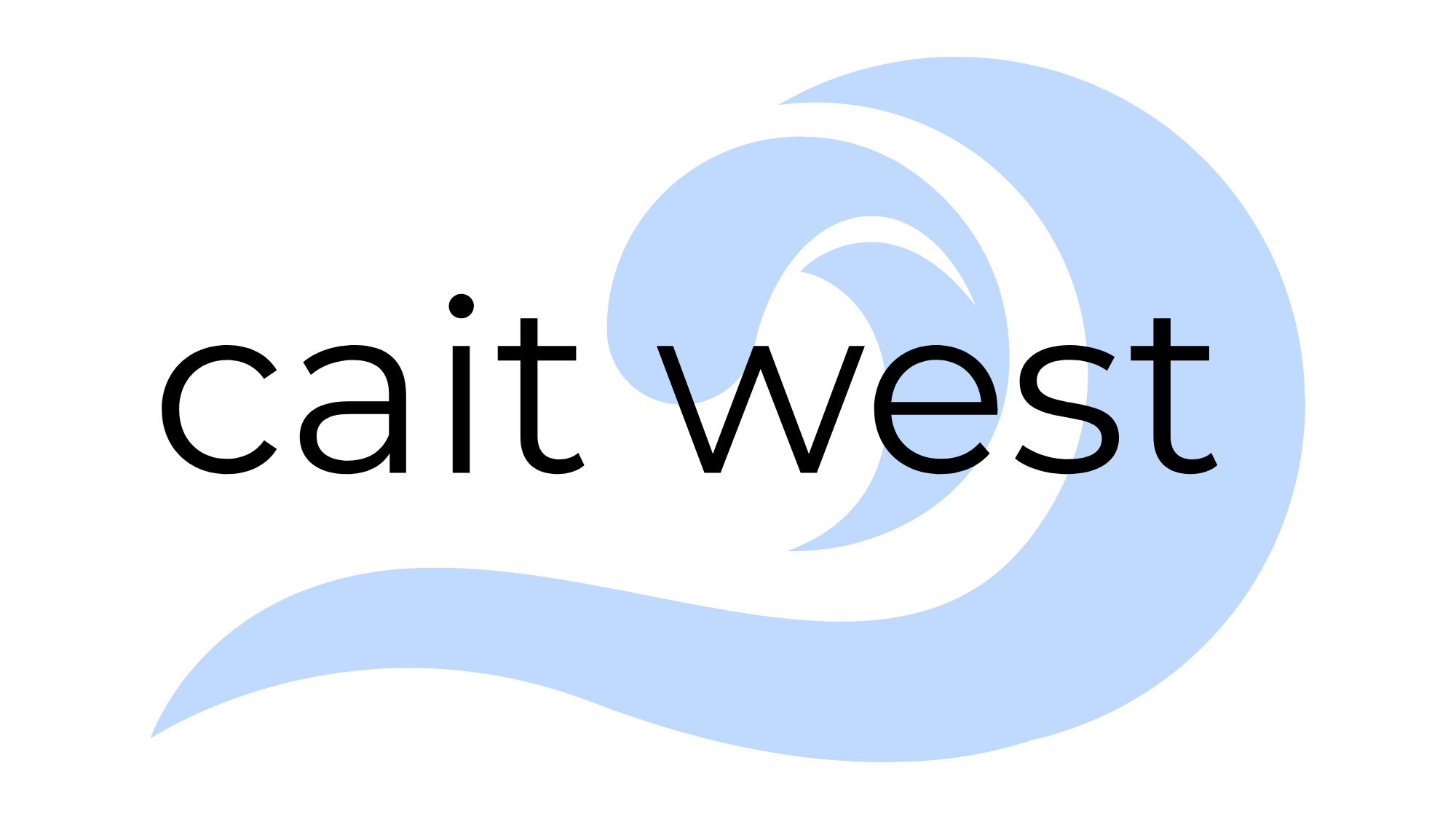On Loss and Leaving
I’ve been thinking about those of you who have lost through leaving.
Maybe you have lost your family, community, sense of safety, belonging, friends, church, or work. Maybe you feel this loss in ways you can’t share with others. Maybe you have lost everything, or what used to be your everything.
Maybe you feel like you’ve lost yourself.
Leaving can mean different things: leaving behind something or someone you care about, leaving a faith, leaving your past self in an effort to grow into who you are becoming. For me, leaving Christian patriarchy meant losing some family relationships, losing the scattered kind of community I grew up in, losing my sense of certainty, my support network.
When I left, I felt like I was losing pieces of myself, only to find that leaving was the only way to healing, to becoming more whole.
Loss, to me, felt like flying away from the V formation of your family of geese, like driving from the city into a desert in a car low on gas, like walking through airport security alone.
This loss was disorienting, hard-hitting, crazy-making.
And yet, I knew intuitively there was no other way than to leave and risk the loss. Because staying would have been more than difficult. Staying would have meant betraying myself.
I used to think that leaving meant I could start over fresh, the past staying in the past. And in a sense, my leaving did mean I had a new start, full of possibilities. But I’ve learned that to be myself, I need to acknowledge where I’ve come from and who I used to be, otherwise I feel fractured, broken into two selves, the before and after.
I am still in this process, but I have taken time to grieve what I have lost so that I can move forward, and I am learning to step into who I am becoming. I’m trying to be mindful of my present moment, while leaning into the future and remembering my past.
It’s been eight years since I left, and I’ve found that while I’ve lost some things in the process, I’ve really gained so much more: an independent life, freedom to marry my best friend and explore the world, even a new kind of community in connecting with other people who have left similar situations. I have access to therapy now to help me process traumatic memories. I have room to grow, to be myself, to be loud if I want to.
If you’re reading this and thinking about leaving an abusive situation, I hope you find this word encouraging: The world doesn’t end when you leave; it opens up to you. You might lose your former community, but you will find new, true friends. You will have challenges, but you will also find true belonging. And never fear that you will lose yourself; you’re taking your whole self with you wherever you go.
Tell me, what is it you plan to do
With your one wild and precious life?
~ Mary Oliver

